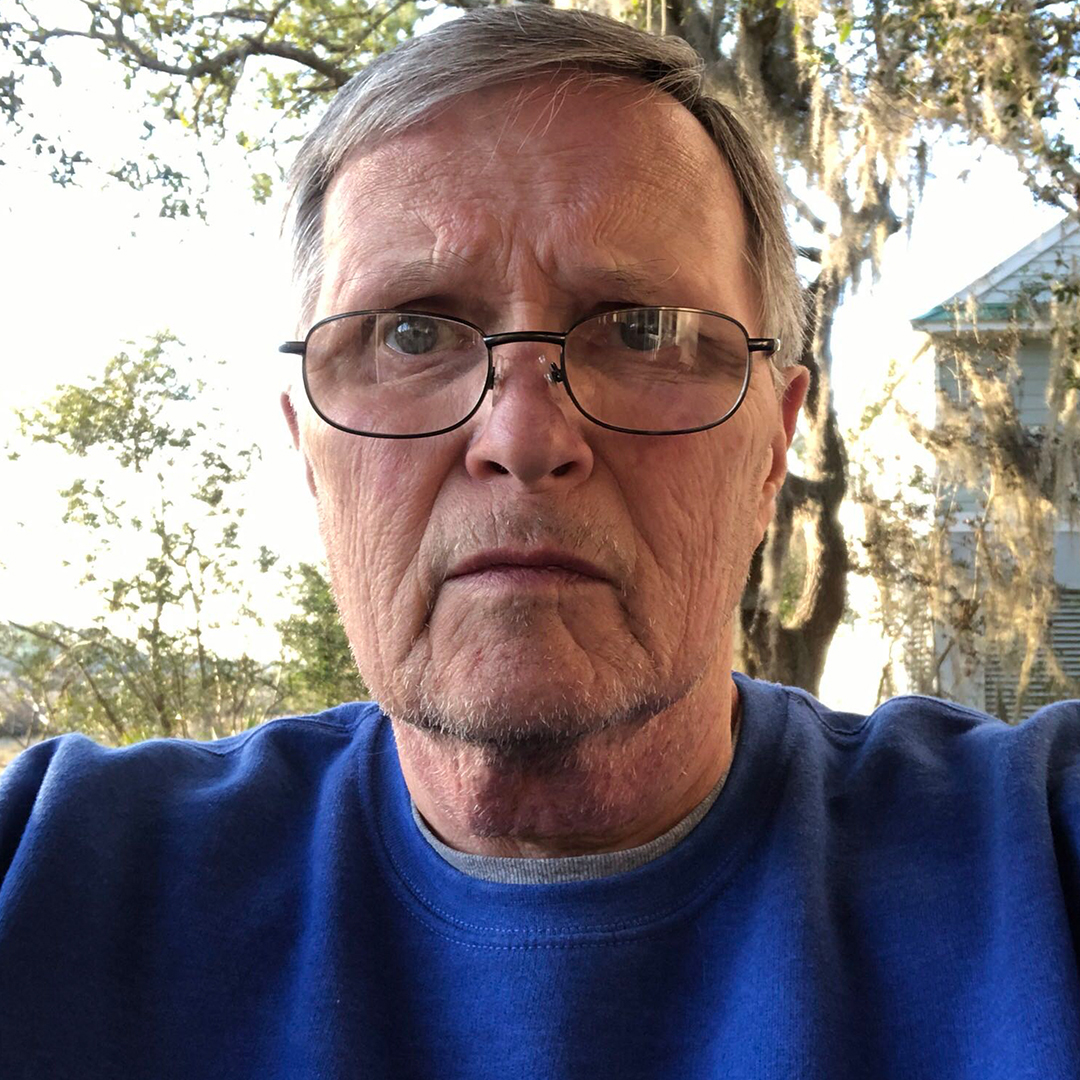 My name is Fred Rothaermel and I live in Charleston, South Carolina. In 1966 I enlisted in the United States Marine Corps, and soon enough found myself in Vietnam, where I spent three tours where I was exposed to “harmless” Agent Orange along with many of my Brothers. I was discharged in July 1970. In the following years I became father to two sons, both of whom have grown into fine men.
My name is Fred Rothaermel and I live in Charleston, South Carolina. In 1966 I enlisted in the United States Marine Corps, and soon enough found myself in Vietnam, where I spent three tours where I was exposed to “harmless” Agent Orange along with many of my Brothers. I was discharged in July 1970. In the following years I became father to two sons, both of whom have grown into fine men.
Fast forward to late winter 2009. I had experienced a rash of colds and bronchial distress. I visited my doctor many times and each time was diagnosed as having a “cold.” The doctor was aware of my time in Vietnam, but never considered that it could have been a causative factor in my illnesses.
My oldest son Ken was a Navy Commander stationed at the Pentagon at the time. He arranged for me to visit him in DC in early 2010. I was then experiencing worsening respiratory symptoms, which he definitely noticed. In fact, he called my wife Brenda and his younger brother Jason (an RN specializing in oncology at that time), and they all agreed something was “wrong.”
After I returned home, my wife insisted that I keep an appointment for a series of chest X-rays which had finally been ordered by my doctor. At this point, I had also lost 30 pounds, was constantly tired, and had trouble breathing. The X-rays were bilateral, and the right side showed something that concerned the radiologist; he then called my doctor. Before I got back home, I was asked to return for a CT scan.
On Monday, April 10, 2010, I underwent a bronchoscopy conducted by a personal friend who was head of the pulmonary division at the hospital. He told me, my wife, and my two closest friends that it appeared I had a Stage 3 NSCLC tumor on the medial line of my right lung. What a body slam. After lab results were received, it turned out to be Stage 3B and surgery was not considered an option.
Back at my home hospital in Charleston, my medical oncologist and radiation oncologist established a treatment protocol of chemotherapy and radiation therapy. I completed the final phase of that in July 2010. I experienced the wave of physical illnesses caused by the chemo and radiation, and, just as bad if not worse, the emotional roller coaster I rode along with my friends and family.
It’s been a little over 10 years now, and I’m still in “remission,” thanks to my Lord and my loving family and friends.
I was fortunate to have been a part of the efforts of Lung Cancer Alliance, now GO2 for Lung Cancer, to encourage the VA to embrace low-dose CT screening that could save countless lives of veterans who have served our nation, especially those of us affected by Agent Orange-related diseases.
All things considered, I can say there was never a time I gave up HOPE. To other patients; remember to always sustain your FAITH and believe YOU WILL SURVIVE. Cancer is but a speed bump on this highway of life.
Veterans Day (November 11) is an important date during Lung Cancer Awareness Month. Men and women who served in the military, especially those who served in combat, are at higher risk of lung cancer than civilians. We are committed to ensuring that Veterans get the help, support, information, and access to care they need to detect the disease at early stages, improve quality of life, and advance research and advocacy efforts to save lives. Visit our website to find out more about Veterans and Lung Cancer and our partnership with the U.S. Department of Veterans Affairs.
On Tuesday, November 17 from 5:30-6:30 PST, join us for the Lung Cancer Living Room episode on Hope, Resilience, and Camaraderie: Voices from Veterans. Tune in via Facebook Live or YouTube Live. Facebook Live or YouTube Live.

Inspirational and hopeful. FAITH is the key. Thank you for your service. Your story.
Wow. Glad that you are still in remission. Know several vets who were exposed and it seems so unfair with every thing that was connected to this war. On the brighter side, my father who will be 98 in April was a prisoner of war after his plane crashed. He has had some issues but nothing like your experience.
Moved back to Cleveland. Different city with lots of exciting things going on.
Stay well. D.